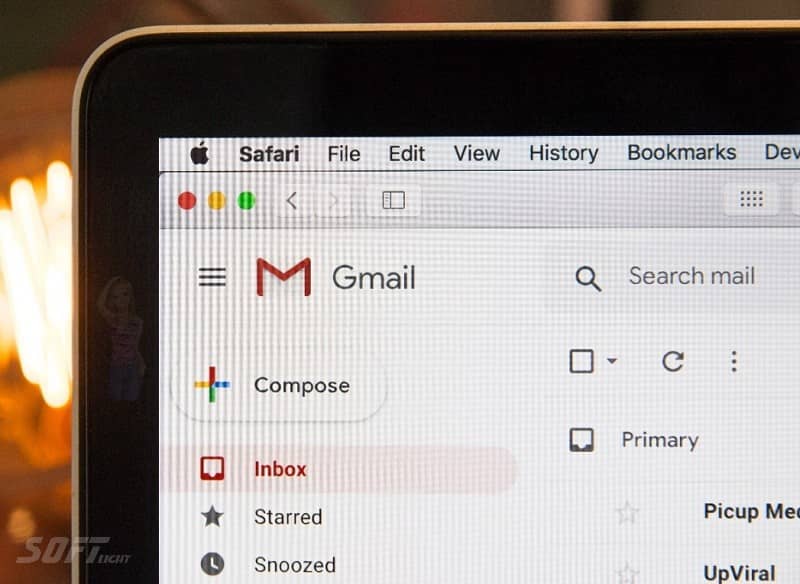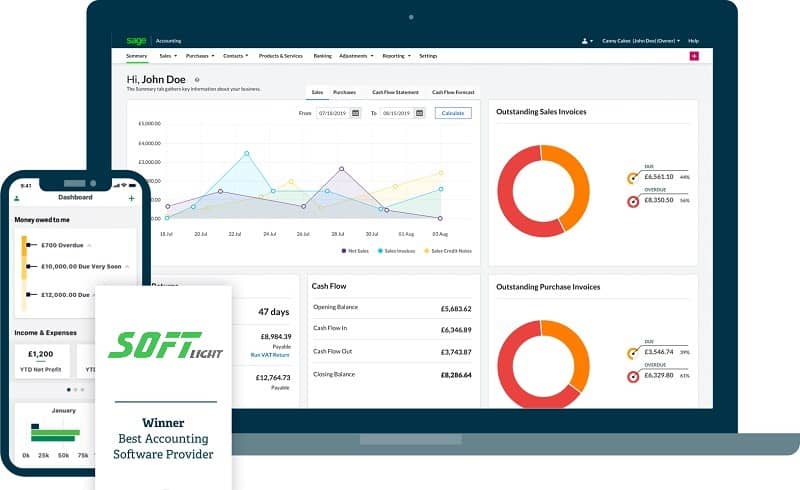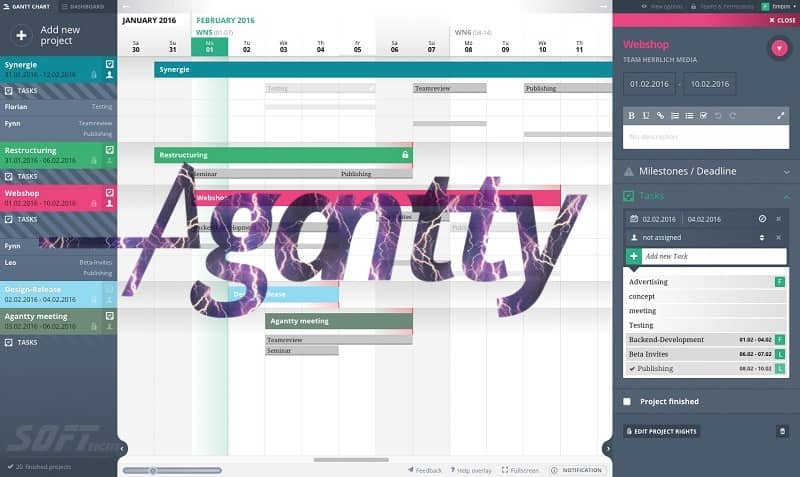Business Services: The Key to Unlocking Business’s Potential
Business Services: The Key to Unlocking Business’s Potential
As a business owner, you have a lot on your plate. You need to juggle your finances, manage your employees, and keep your customers happy. On top of all that, you need to make sure your business is growing and staying competitive in your industry. With so much on your plate, it’s easy to get overwhelmed. That’s where business services come in.
What are Business Services?
There is a range of services that help businesses operate more efficiently and effectively. These services can include everything from accounting and bookkeeping to marketing and advertising. They can be provided by independent contractors or by larger companies that specialize in business services.

Why Do You Need Business Services?
Running a business is hard work, and it’s impossible to do everything on your own. Business services can help you focus on what you do best while leaving the rest to the experts. Here are some reasons why you need it:
1. Save Time and Money
Hiring a business service provider can help you save time and money. Instead of spending hours doing your own accounting or marketing, you can outsource these tasks to someone who is an expert in the field. This can free up your time to focus on more important aspects such as product development or customer service.
2. Increase Efficiency
Help increase efficiency. For example, a bookkeeping service can help you keep track of your finances more accurately and quickly than you could on your own. This can help you make better business decisions and avoid costly mistakes.
3. Access to Expertise
Providers are experts in their fields. They have years of experience and training, and they know the best practices for their industry. By hiring a business service provider, you can access this expertise without having to spend years learning it yourself.

Types
There are many types available, depending on your needs. Here are some of the most common types:
1. Accounting and Bookkeeping
Accounting and bookkeeping services can help you manage your finances, including keeping track of income and expenses, preparing financial statements, and filing taxes.
2. Human Resources
Human resources services can help you manage your employees, including recruiting, hiring, training, and performance management.
3. Marketing and Advertising
Marketing and advertising services can help you promote and attract new customers. This can include social media marketing, email marketing, and search engine optimization.
4. IT and Technical Support
IT and technical support services can help you manage your technology, including setting up and maintaining your website, managing your email and network systems, and providing technical support for your employees.
5. Legal and Compliance
Legal and compliance services can help you stay in compliance with local, state, and federal laws and regulations. This can include everything from drafting contracts to managing regulatory compliance.

How to Choose a Provider
Choosing the right business service provider is important to ensure that you get the best results. Here are some factors to consider when choosing a provider:
1. Experience and Expertise
Make sure the provider you choose has the experience and expertise to provide the services you need. Check their credentials and ask for references from other businesses they have worked with.
- Evaluate your needs: Before choosing a service provider, it’s important to evaluate your needs and identify the specific services you require. This will help you find a provider that specializes in the areas you need and has the expertise to deliver the services you require.
- Research the provider: Once you have identified a potential service provider, research their background and experience. Check their credentials, certifications, and professional associations to ensure they have the expertise and qualifications to provide the services you need.
- Check references: Don’t hesitate to ask for references from other businesses the provider has worked with. Contact those references and ask about their experience with the provider, including the quality of their work, their level of expertise, and their professionalism.
- Consider pricing and value: While pricing is an important consideration, it’s also important to consider the value the provider offers. Look for a provider that offers high-quality services at a reasonable price, and that can deliver the services you need within your budget.
- Communication and responsiveness: Choose a provider that is easy to communicate with and responsive to your needs. Look for a provider that is willing to listen to your concerns and provide timely and effective solutions to any issues that arise.
- By following these tips, you can find a service provider that meets your needs and delivers high-quality services that help you succeed.

2. Cost
Consider the cost of the services you need and compare the prices of different providers. Keep in mind that the cheapest provider may not always be the best choice.
That’s great advice when considering the cost of services from different providers. Here are some additional factors to consider when comparing the prices of different providers:
- Quality of Service: When comparing prices, it’s important to consider the quality of service that each provider offers. A provider that offers a lower price may not always deliver the same level of service or quality as a provider that charges a higher price.
- Reputation: The reputation of a provider can also play a significant role in the cost of their services. Providers with a strong reputation for delivering high-quality services may charge more for their services than those with a less established reputation.
- Experience and Expertise: Providers with more experience and expertise in their field may charge more for their services. However, they may also be better equipped to deliver the services you need and provide better overall value for your money.
- Scalability: If you anticipate that your business will grow and require additional services in the future, it’s important to choose a provider that can scale its services to meet your evolving needs. While this may cost more upfront, it can save you money in the long run by avoiding the need to switch providers as you grow.
- Hidden Costs: When comparing prices, be sure to look for any hidden costs or fees that may not be included in the initial price quote. These can include setup fees, maintenance costs, or other charges that can significantly impact the overall cost of the service.
By considering these factors when comparing prices from different providers, you can make an informed decision that provides the best overall value.

3. Communication
Make sure you choose a provider who communicates well and is responsive to your needs. You want to work with someone who will keep you updated on the progress of your project and respond to your questions
Absolutely! Communication is key when working with a provider. Here are some tips to help you choose a provider who communicates well and is responsive to your needs:
- Look for a provider who offers multiple channels of communication, such as email, phone, and chat. This can help ensure that you can get in touch with them quickly and easily when you need to.
- Read reviews and testimonials from other businesses that have worked with the provider. This can give you an idea of their communication style and how responsive they are to client needs.
- Schedule a consultation or meeting with the provider before signing a contract. This can give you an opportunity to ask questions and gauge their communication skills firsthand.
- Pay attention to how quickly the provider responds to your initial inquiry. If they are slow to respond, it may be a sign that they are not very responsive in general.
- Clarify expectations and communication protocols upfront. Be clear about your needs and expectations for communication, and ask the provider to do the same. This can help ensure that everyone is on the same page from the beginning.
By choosing a provider who communicates well and is responsive to your needs, you can ensure that your project runs smoothly and that you are kept informed every step of the way.

4. Availability
Consider the availability of the provider you choose. You want to work with someone who can accommodate your schedule and meet your deadlines.
Absolutely! Availability is an important consideration when choosing a provider. Here are some tips to help you choose a provider who can accommodate your schedule and meet your deadlines:
- Ask the provider about their availability upfront. Be clear about your timeline and deadlines, and ask if they can meet your needs.
- Look for a provider who offers flexible scheduling options, such as evening or weekend availability, if you need it.
- Consider the provider’s location and time zone. If they are in a different time zone, make sure their working hours overlap with yours to avoid delays in communication and project completion.
- Check the provider’s track record for meeting deadlines. Look for reviews and testimonials from other businesses who have worked with the provider to see how they perform when it comes to delivering on time.
- Discuss contingency plans with the provider in case of unexpected delays or obstacles. Make sure they have a plan in place to handle unforeseen circumstances that may arise during the project.
By choosing a provider who is available and can meet your deadlines, you can ensure that your project is completed on time and meets your expectations.

5. Compatibility
Make sure you choose a provider who is compatible culture and values. You want to work with someone who understands your goals and is aligned with your vision.
It’s important to choose a provider who is compatible with culture and values. Here are some tips to help you choose a provider who is aligned with your vision and goals:
- Look for a provider who understands the industry. They should have experience working like yours and be familiar with the challenges you face.
- Check the provider’s portfolio and testimonials to see if they have worked with similar businesses before and have a track record of success.
- Consider the provider’s communication style and approach. Are they collaborative and transparent in their communication? Do they listen to your needs and offer tailored solutions?
- Look for a provider who is passionate about their work and committed to delivering quality results. They should share your values and be committed to helping you succeed.
- Consider scheduling an initial consultation with the provider to discuss your vision and goals for the project. This can help you gauge their compatibility with culture and values.
By choosing a provider who is compatible with your business culture and values, you can ensure that they understand your needs and can deliver solutions that align with your vision and goals. This can lead to a more successful and productive partnership.

Conclusion
In conclusion, Business Services are essential for all sizes and industries. They can help you save time and money, increase efficiency, and access expertise that you may not have in-house.
When choosing a business service provider, consider their experience and expertise, cost, communication, availability, and compatibility with your business. With the right business service provider, you can unlock potential and achieve success.





